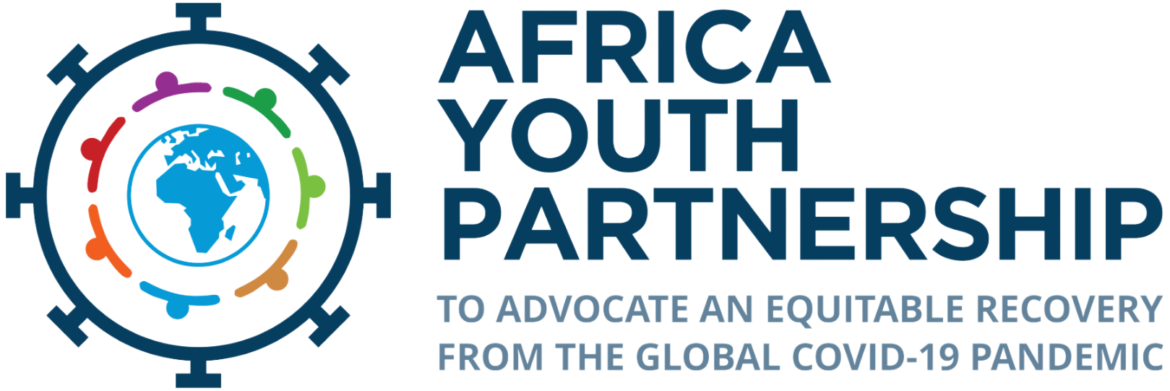By Zayamu Hassan
The Youth Task Teams of the Africa Youth Partnership to Advocate an Equitable Recovery from the Global COVID-19 Pandemic, has called for an enabling environment for inclusive education by eliminating policies and practices that expel pregnant girls from schools.
The group also called for the formulation of policies and strategies to facilitate the continued education of pregnant girls and adolescent mothers.
It also advocated for modalities to address Period poverty by increasing access to sanitary products and personal hygiene support for girls in deprived circumstances.
In a communique it issued at the end of its meeting in Accra, Ghana, the youth group also called for a gender-transformative teacher training and education to create discrimination-free classroom environments, including sexual and reproductive health education to help reduce teenage pregnancy, and to facilitate accelerated learning programmes for adolescent mothers returning to school.
It also called on the African leaders to “accelerate technology adoption, innovation and digital skills training for youth and women entrepreneurs; this includes the design of an African strategy that accelerates and supports the digital inclusion of youth and women entrepreneurs and empowers them to be successful in both digital business and the digital economy.
“Improve the business climate and lower barriers to obtaining and controlling resources by strengthening financing and fiscal assistance, reaching youth and women entrepreneurs first; this includes reductions in the tax burden and social security payments for youth- and women-led businesses.
“Enable gender neutrality in sectoral, industry, and market behaviours through interventions that address pre-existing market behaviours constraining women-led enterprises; this includes supporting young women entrepreneurs to cross over into male-dominated sectors and industries to boost women entrepreneurs’ performance and decrease the gender profit gap.”
The youth also called for the strengthening of the climate resilient community in Africa to address food insecurity.
“Expand access to water and sanitation by optimising water management for effective distribution in the community; water security is threatened by climate change; and
“Address growing concerns about the mismanagement of COVID-19 funds and the allocation of resources meant for interventions in health, education and infrastructural development.
“In particular, African governments must be transparent and accountable in the accession and utilisation of reserve funds under the Special Drawing Rights mechanism introduced by the International Monetary Fund during the pandemic,” the communique noted.
The Youth Tasks Teams, however, pledged that as “partners in Africa’s development, we would continue to support the recovery efforts at all levels, including through youth-led innovation, volunteering, and policy engagement as contained in our Youth Task Teams Action Plan.”
The Tasks Teams which represent Gambia, Nigeria, Ghana and Liberia, further called for the development of infrastructure for what it called “21st century education for all and see the experience of the COVID- 19 pandemic as an opportunity to stimulate technology-assisted learning across the education sector.
“Build an appropriate distance and technology-enabled component into the curriculum, integrating a blended, self-paced element into all learning, without disadvantaging any child; prioritise the training of teachers in the use of technology and in conducting lessons online;
“Develop, through fiscal measures and other incentives, an enabling environment and encourage the private sector to contribute to a firm technological basis for education systems;
“Unemployment rates need to be reduced! We call for sustainable job opportunities for youth to reduce and stamp out poverty in Africa and fully finance education to protect education budgets from potential cuts and ensure continued learning through distance education during times of disruption.”


